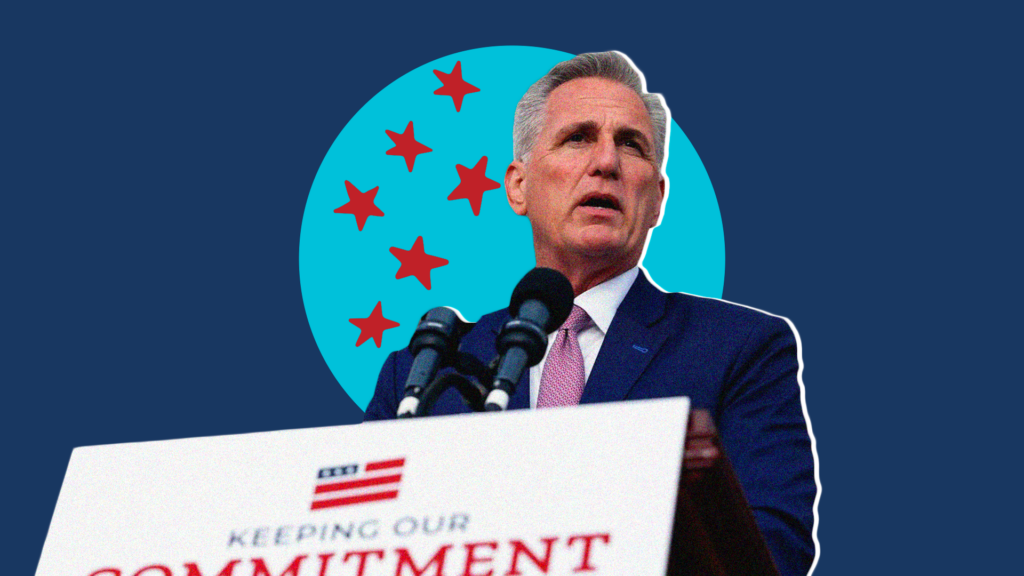Coalition Proposes Simpler Tax System
WASHINGTON — The bewildering federal income tax system should be replaced with something simpler and far less burdensome, a coalition of interest groups and two senior House Republicans said Thursday. Like previous such efforts, this one faces an uphill fight.
The 19 organizations that form the Coalition for Fundamental Tax Reform favor different solutions ranging from a flat, single-rate income tax applied equally to all taxpayers to the replacement of the income tax with a national sales tax.
They all agree that the current federal income tax system administered by the Internal Revenue Service is far too complex and intrusive, robs people of incentive to earn money and contains too many loopholes and special breaks exploited by powerful businesses and wealthy taxpayers. The incoming Congress and new president have a perfect opportunity to begin an overhaul, they said.
“Our tax system is broken. It has to be fixed,” said Jim Miller, a former budget director for President Reagan now affiliated with Citizens for a Sound
Economy, a group that advocates lower taxes and less government.
The groups in the coalition include several pro-taxpayer organizations, such as the National Taxpayers Union, conservative think tanks such as the Heritage Foundation and associations representing small businesses, the elderly, building contractors and landlords. They want:
* A single, low-tax rate applied to all taxpayers.
* Tax relief and a system that promotes economic growth and job creation.
* More taxpayer rights and fewer tax collection abuses.
* A required two-thirds vote in Congress to raise tax rates or expand the tax base.
At a Capitol Hill news conference, the groups drew support from Republican Reps. Phil Crane of Illinois and Bill Thomas of California, the two leading candidates to become chairman of the tax-writing House Ways and Means Committee when the 107th Congress convenes in January.
Although sympathetic Republicans have run Congress the past six years, little has come of previous tax overhaul efforts, despite much publicity. With hundreds of corporate lobbyists accustomed to massaging the current tax code to their advantage, resistance to such fundamental change is strong.



